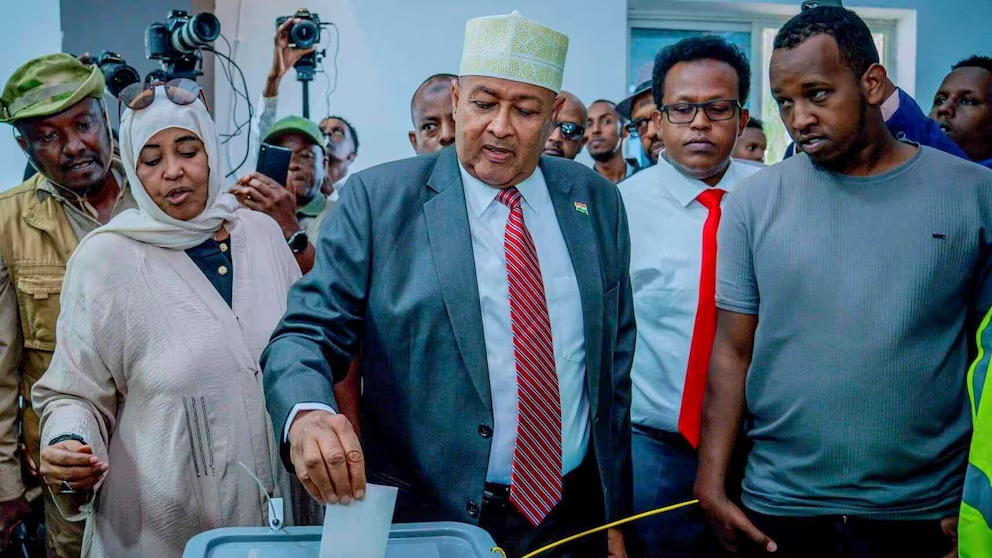Complicating this environment was the steady rise of ideological soft power, originating from both regional actors and internal clergy-politician alliances. Over time, these networks – not rooted in democratic legitimacy – have cultivated influence through symbolic authority, narrative control, and long-term positioning. Their impact has gone largely unchecked, quietly eroding the ideological coherence that once defined Somaliland sovereign claim.
One of the earliest signals that the road ahead would be difficult came with the formation of Irro’s cabinet. While national expectations for sweeping change may not have been universally high, key constituencies—particularly those that delivered electoral victory—expected principled leadership and meaningful inclusion. Instead, the cabinet suggested compromise. Several appointees lacked experience, and many who had stood closest to the president’s platform were left out. This created an executive structure vulnerable to internal maneuvering and a lack of cohesion.
For much of the public, the appointments felt like continuity. But for Irro’s political base, the failure to distinguish this administration from previous ones triggered a sharp legitimacy gap. That gap widened as ministries began operating in silos, agendas clashed, and state coordination weakened. The presidency, once seen as a potential driver of direction, began to resemble a balancing act between internal power centers rather than a cohesive seat of leadership.
The early decision to proceed with parliamentary and municipal elections, while a sound procedure, further prolonged the campaign atmosphere. Rather than closing the chapter on electoral rivalry, it sustained the political tension and postponed the focus on governance.
Meanwhile, perceptions of exclusion began to surface. Certain regions and civil service constituencies have expressed concerns about marginalization in appointments and decision-making. Whether these claims are substantiated or not, they have traction—especially in a political culture where symbolic balance and inclusive optics play an essential role in stability.
The absence of a coherent ideological voice within government has also become increasingly evident. Past administrations, despite their limitations, upheld a consistent message of sovereignty, statehood, and legal continuity. Today, those narratives are faint. In their absence, revisionist discourse and external ideological influence are gaining space—unchecked by a strong internal counter-narrative.
This ideological vacuum is especially dangerous among Somaliland youth. With civic education limited and engagement channels narrow, young people are increasingly vulnerable to polarizing rhetoric—both tribal and foreign. In a context where the youth represent the majority, this poses a serious long-term risk to national unity and social cohesion.
Somaliland political culture—grounded in consensus, regional inclusion, and symbolic legitimacy—is under quiet strain. Its erosion, even if gradual, opens the door to deeper fragmentation. In a state still unrecognized but widely respected for its internal stability, perception matters just as much as structure.
There is still time for President Irro to re-calibrate. Doing so will require more than reshuffling personnel. It demands clear direction, a renewed commitment to inclusiveness, and the elevation of credible voices who can restore trust in government. Rebuilding cohesion starts with listening—not just to allies, but to those feeling pushed to the margins.
Irro was not elected to maintain inertia. He was elected to guide Somaliland through complexity—with fairness, balance, and vision.
Whether this administration succeeds in that mission will shape not just its legacy, but the future of the nation itself.

Mohamed Khader, Hargeisa, Somaliland
















You must be logged in to post a comment.